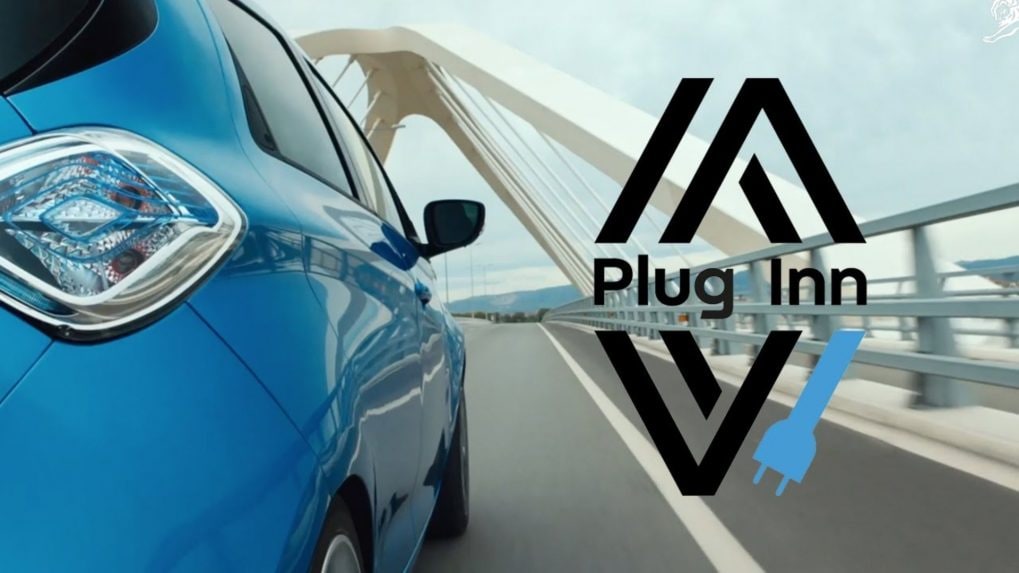Global Ads Spotlight: Here's how Renault's 'Plug-Inn' campaign powered up the charging game
France had a million electric cars but barely enough charging spots to keep them moving. Renault's Plug Inn turned that crisis into a crowdsourced charging revolution - earning awards, headlines, and a place in advertising history. Read and watch in our Global Ads Spotlight column.
ADVERTISEMENT
By 2022, France's roads were buzzing with over one million electric cars, but the country had just 80,000 charging stations to keep them running. for EV drivers, the math wasn't adding up. Road trips became range-anxiety nightmares, especially in remote towns where charging infrastructure didn't exist.
Renault had a choice: wait for public charging networks to catch up, or find a workaround that could leapfrog bureaucracy and deliver immediate solutions.
Also Read: Global Ads Spotlight: How British Airways brought back the magic of flying
They chose the latter - and came up with a peer-to-peer model that was as clever as it was simple.
The Big Idea
Renault launched Plug Inn, an app that worked like Airbnb, but for charging your car. It connected electric car drivers with home charger owners who could rent out their plug for a fee. Suddenly, every driveway with a charger became a potential pit stop.
This wasn't just a convenience hack; it addressed the single biggest roadblock to EV adoption in France: the fear of being stranded. And unlike building a nationwide network of public charging stations, Plug Inn required no years-long construction plas or red tape. It was plug-and-play - literally.
Impact
The numbers spoke for themselves. Within just two weeks, Plug Inn had 16,000 users, racked up 107 million impressions, and generated more than 500.000 euros in earned media.
Renault's vision was ambitious: turn France's scattered home chargers into 480,000 available charging spots, making EV road trips possible no matter how far or remote the destination.
Awards poured in. Plug Inn won the Grand Prix for Creative Strategy at the Cannes Lions International Festival of Creativity, took home Fast Company’s World Changing Ideas Award in Transportation, and picked up metal at the Clio Awards, Eurobest, and D&AD.
Also Read: Global Ads Spotlight: Samsung turned cart quitters into gold mines in one bold move
Why it Worked
Plug Inn succeeded because it didn't just sell cars - it sold confidence. It reframed a logistical headache into a community-driven opportunity and gave EV adoption the nudge it desperately needed.
By turning a scarcity problem into a sharing economy solution, Renault proved that the smartest campaigns don't just tell stories - they rewrite the rules.
And in this case, they rewrote the road map, too.
Also Read: Cannes Lions Grand Prix Spotlight: KitKat swapped smartphones for chocolate - and it was brilliant


